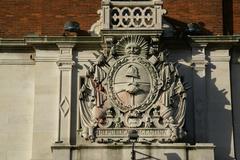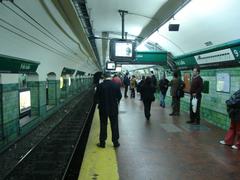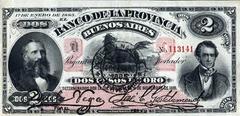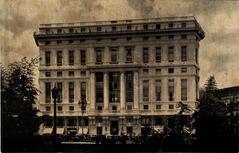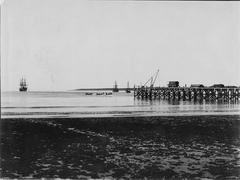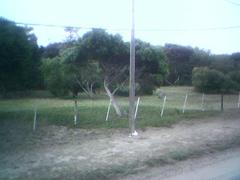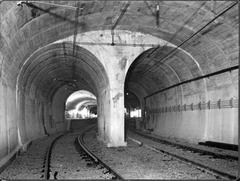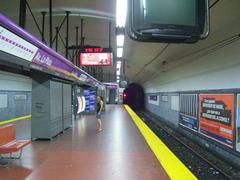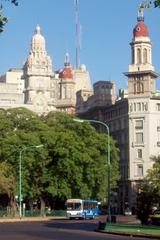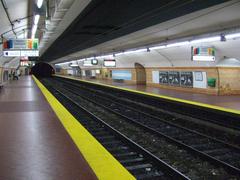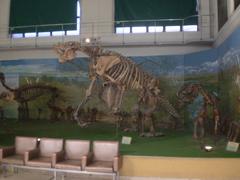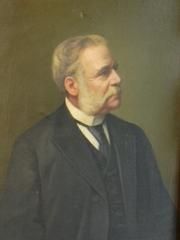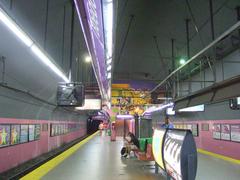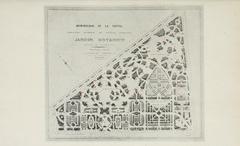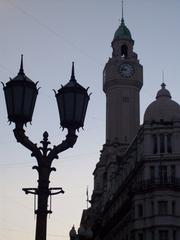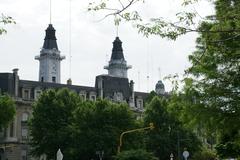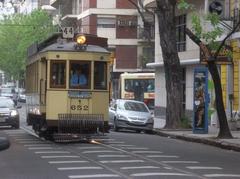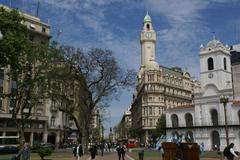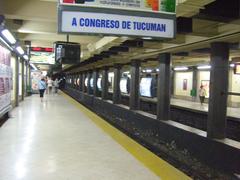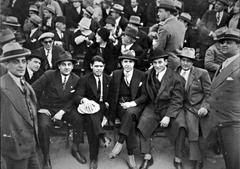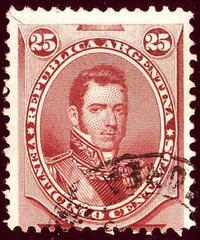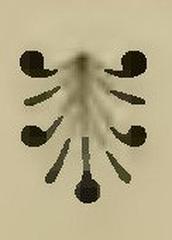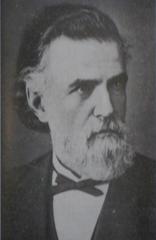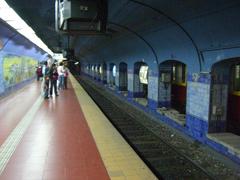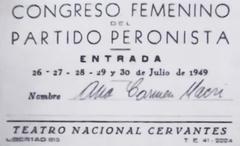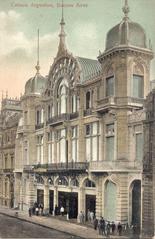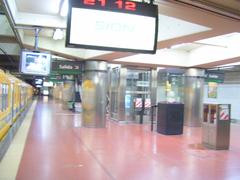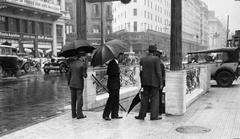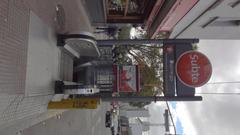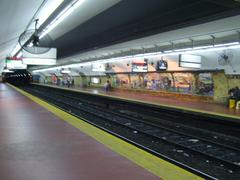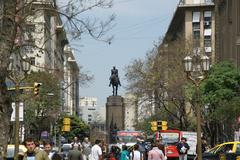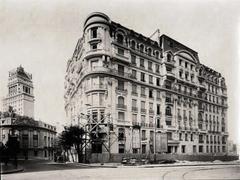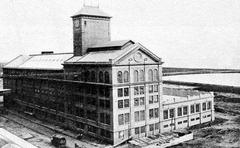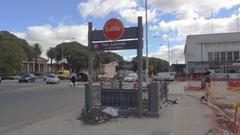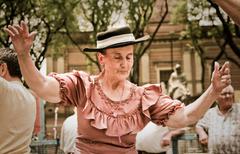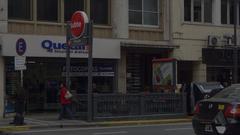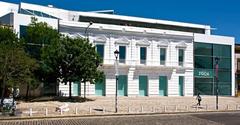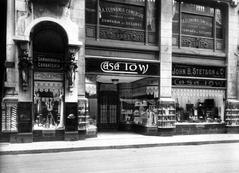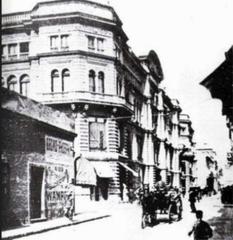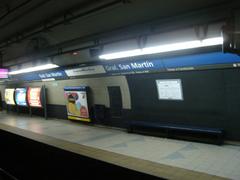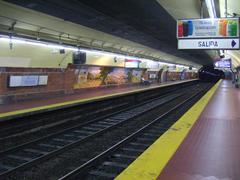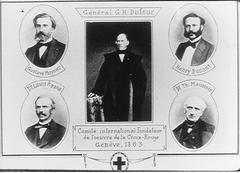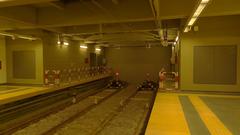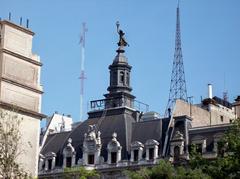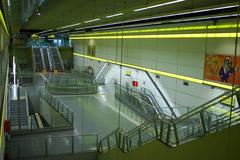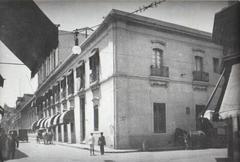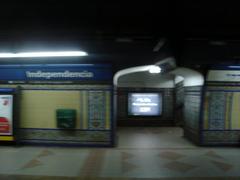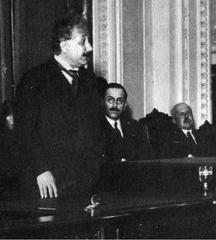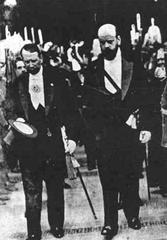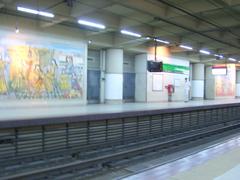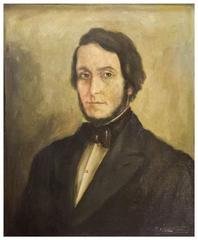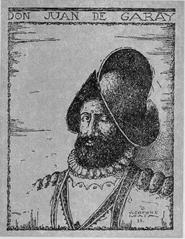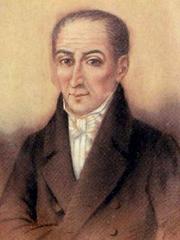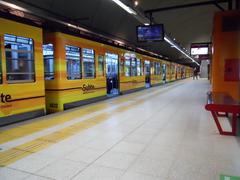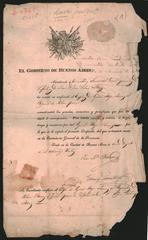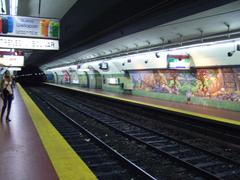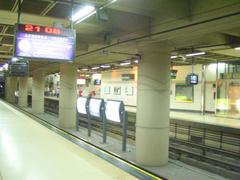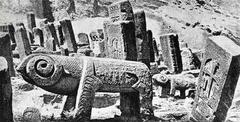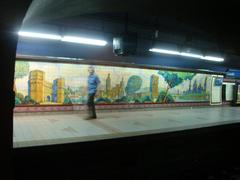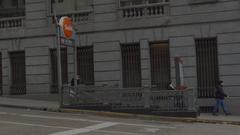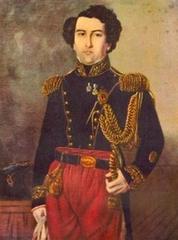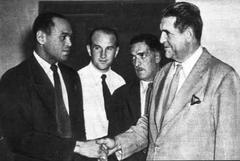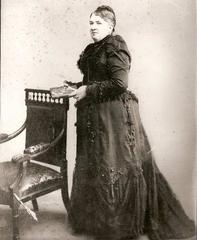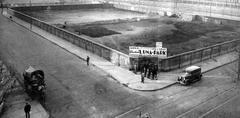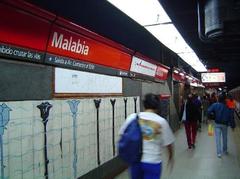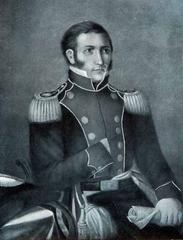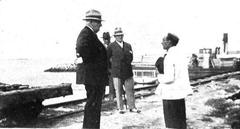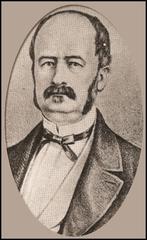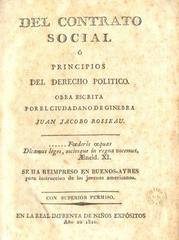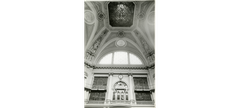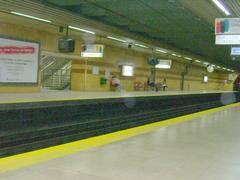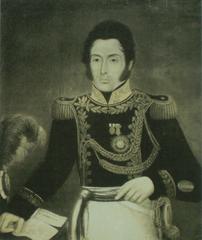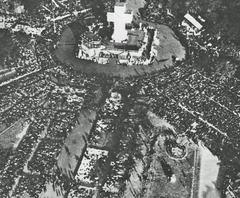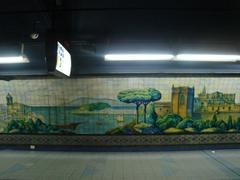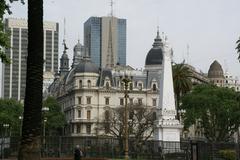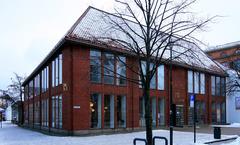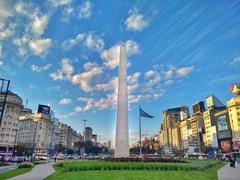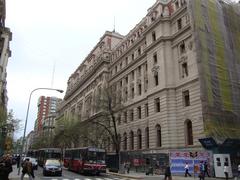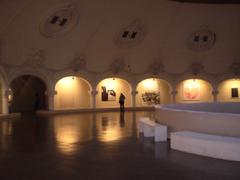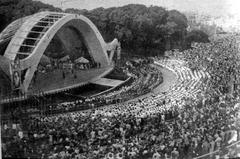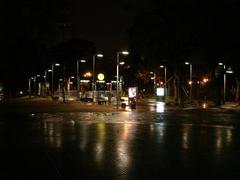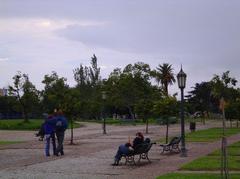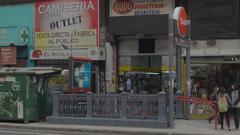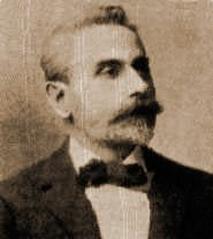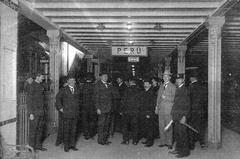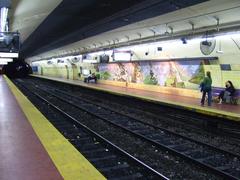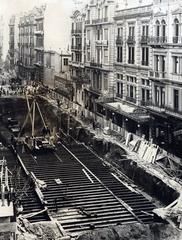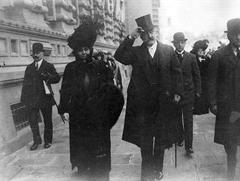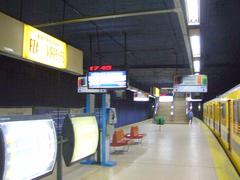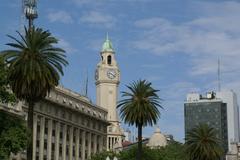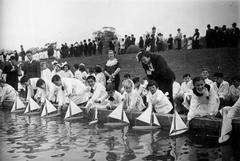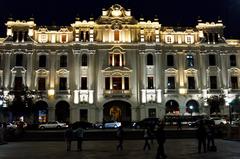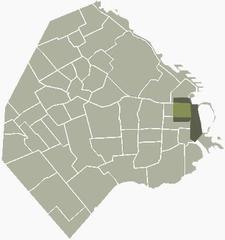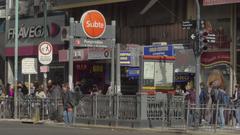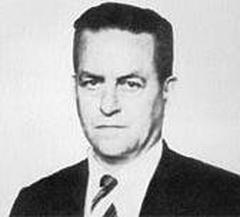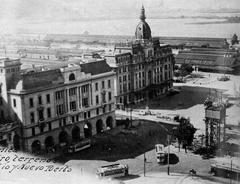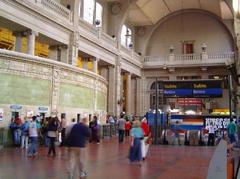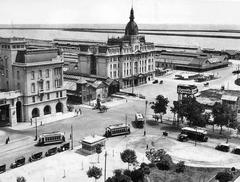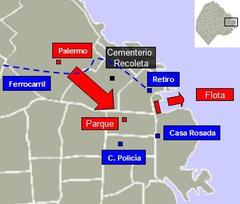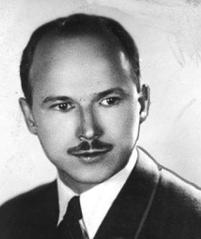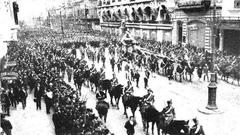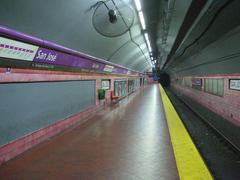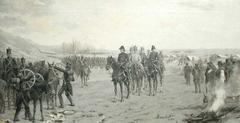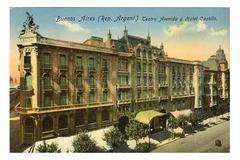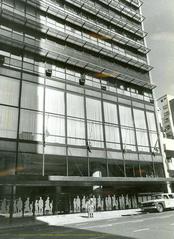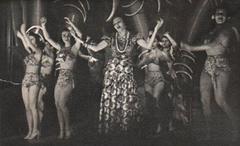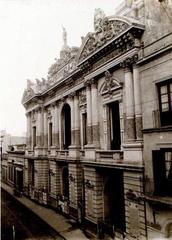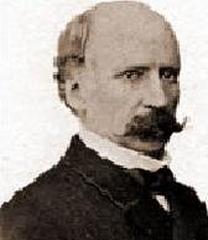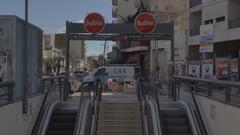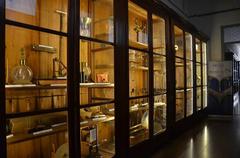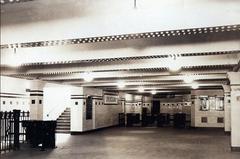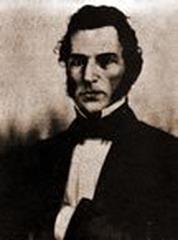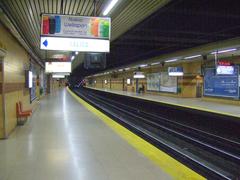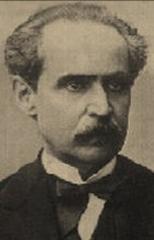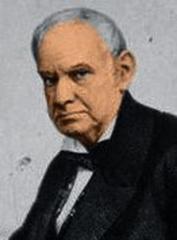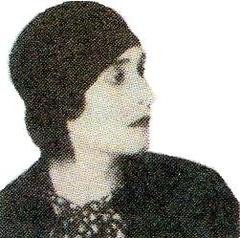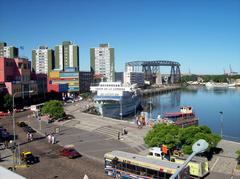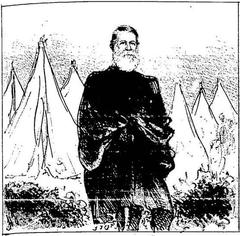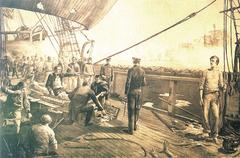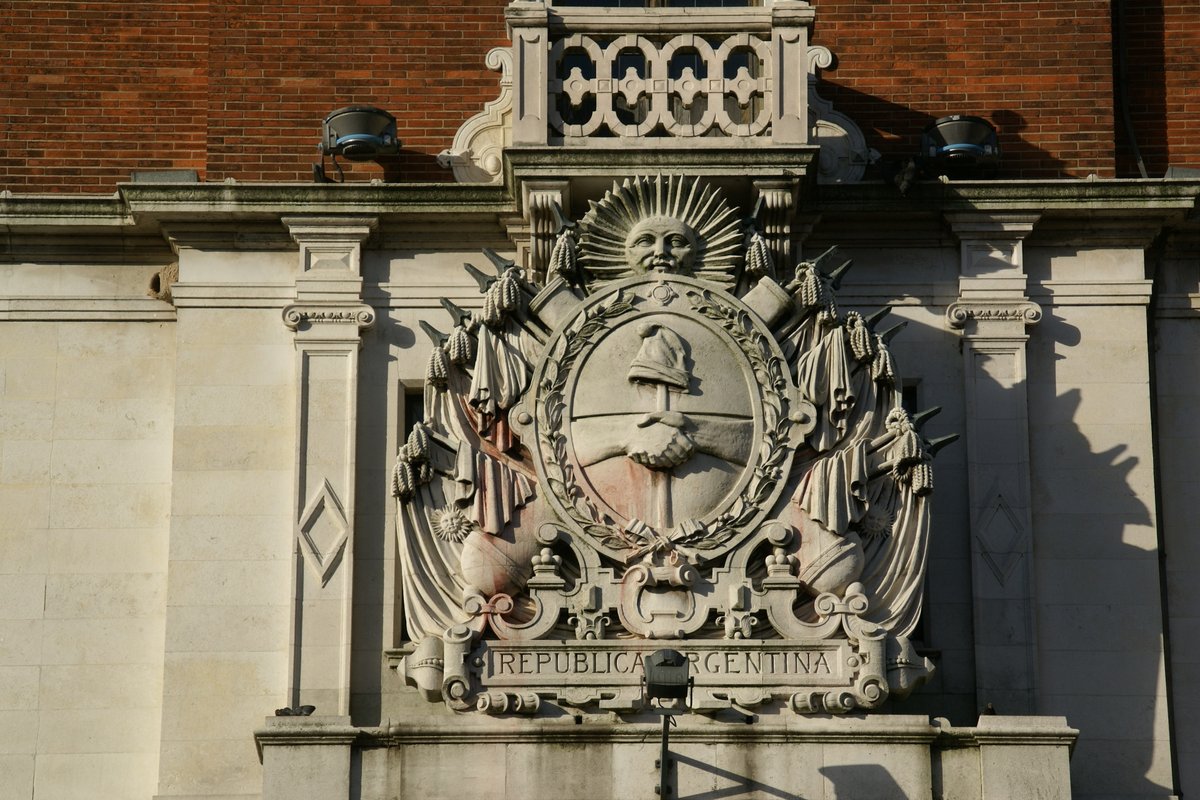
Visiting Torre de los Ingleses: Hours, Tickets, and Historical Insights
Publication Date: 18/07/2024
Introduction to Torre de los Ingleses
The Torre Monumental, formerly known as Torre de los Ingleses, stands as a testament to the intricate Anglo-Argentine relations. This landmark in Buenos Aires not only offers historical insights but also provides a panoramic view of the city from its observation deck (Visiting Torre Monumental). The tower’s origins trace back to the centennial celebration of Argentina’s May Revolution in 1910. The British community in Argentina, then a significant presence due to strong economic ties, decided to gift a commemorative clock tower to Buenos Aires, symbolizing the robust relationship between the two nations (Exploring the Architectural Marvels of Torre de los Ingleses). Despite its initial intention as a symbol of unity, the Torre de los Ingleses has been a point of contention, especially during and after the Falklands War in 1982. Following the war, the tower was officially renamed Torre Monumental to emphasize Argentine national identity (Visiting Torre de los Ingleses). Today, it serves as a reminder of the multifaceted history of Anglo-Argentine relations and continues to captivate visitors with its intricate design and panoramic views.
Contents Overview
- Introduction
- History and Significance
- A Gift from the British Community
- Design and Construction
- A Controversial Landmark
- Renaming and Reinterpretation
- A Place of Gathering and Reflection
- Architectural Features and Design
- English Renaissance Inspiration
- Clock Tower Typology
- Interior Design and Layout
- Modifications and Restorations
- Visitor Information
- Visiting Hours
- Ticket Prices
- Accessibility
- Travel Tips
- Nearby Attractions
- Special Features
- Special Events
- Guided Tours
- Photographic Spots
- FAQ Section
- Conclusion
History and Significance
A Gift from the British Community
The tower’s genesis lies in the centennial celebration of Argentina’s May Revolution in 1910. The British community in Argentina, a significant presence due to strong economic ties, decided to gift a commemorative clock tower to Buenos Aires, symbolizing the robust relationship between the two nations.
Design and Construction
Designed by English architect Alfred Hull, the tower reflects a mix of architectural styles, primarily drawing from English Perpendicular Gothic. This style, popular in England during the 14th-16th centuries, is evident in the tower’s ornate details, pointed arches, and stone cladding. Construction, undertaken by the firm Hopkins and Gardom, took place between 1910 and 1916. The tower, reaching a height of 75.5 meters (248 feet), was erected in Plaza Fuerza Aérea Argentina, a prominent location then known as Plaza Británica.
A Controversial Landmark
Despite its intent as a symbol of unity, the Torre de los Ingleses has been a point of contention throughout its history. Its construction coincided with growing anti-British sentiment in Argentina, fueled by economic disputes and political tensions. This sentiment intensified in the latter half of the 20th century, particularly during the Falklands War in 1982.
Renaming and Reinterpretation
Following the Falklands War, the tower’s name became a sensitive issue. In 1983, it was officially renamed Torre Monumental, a move intended to neutralize its political charge and present it as a symbol of Argentine national identity. Despite the name change, the tower remains colloquially known as the Torre de los Ingleses, reflecting the enduring legacy of its origins.
A Place of Gathering and Reflection
Today, the Torre Monumental stands as a complex and fascinating landmark. It serves as a reminder of the multifaceted history of Anglo-Argentine relations. The surrounding plaza is a popular gathering spot for locals and tourists alike, offering a space for recreation and reflection. The tower, with its intricate design and panoramic views from its observation deck, continues to captivate visitors.
Architectural Features and Design
English Renaissance Inspiration
The tower’s design draws heavily from the English Renaissance style, characterized by:
- Symmetry and Proportion: The Torre de los Ingleses features balanced wings flanking a central tower, emphasizing a strong sense of symmetry.
- Classical Elements: Incorporates features like Doric columns and decorative cornices and moldings.
- Material Palette: Utilizes brick and stone, with the reddish hue of the brick being particularly characteristic of the era.
Clock Tower Typology
As a clock tower, it features:
- Imposing Height: Standing at 75.5 meters (248 feet) tall, it dominates the skyline.
- Clock Faces: Four clock faces, each 4.4 meters (14 feet) in diameter, grace the tower.
- Sound Mechanisms: Houses a carillon that can be heard on special occasions.
Interior Design and Layout
The interior is equally captivating:
- Grand Staircase: A wide, ornate staircase that adds to the sense of grandeur.
- Observation Deck: Offers panoramic views of Buenos Aires.
Modifications and Restorations
Over the years, the Torre de los Ingleses has undergone several modifications and restorations:
- Name Change: Renamed to Torre Monumental in 1982.
- Restoration Efforts: Ongoing projects to preserve its architectural integrity.
Visitor Information
Visiting Hours
The Torre Monumental is open to visitors from Tuesday to Sunday, 10:00 AM to 6:00 PM. It is closed on Mondays and public holidays.
Ticket Prices
Admission to the Torre Monumental is reasonably priced. General admission is $3 USD, while students, seniors, and children under 12 can enter for free.
Accessibility
The Torre Monumental is accessible to all visitors, including those with disabilities. The site features ramps and an elevator to the observation deck.
Travel Tips
- Arrive Early: To avoid crowds, especially on weekends.
- Wear Comfortable Shoes: You might want to explore the surrounding areas.
- Bring a Camera: Capture the stunning views from the observation deck.
Nearby Attractions
- Retiro Station: A major railway station nearby, showcasing impressive architecture.
- Plaza San Martín: A historic square perfect for a leisurely stroll.
- Museo de Arte Hispanoamericano Isaac Fernández Blanco: A museum featuring colonial art pieces.
Special Features
Special Events
The Torre Monumental hosts various cultural events throughout the year, including art exhibitions and historical reenactments.
Guided Tours
Guided tours are available for those interested in a deeper understanding of the tower’s history and architectural details. These tours are conducted in both Spanish and English.
Photographic Spots
The tower and its surroundings offer numerous opportunities for photography enthusiasts. The observation deck, in particular, provides panoramic views of Buenos Aires.
FAQ Section
- What are the visiting hours for Torre Monumental? The Torre Monumental is open from Tuesday to Sunday, 10:00 AM to 6:00 PM.
- How much do tickets cost for Torre Monumental? General admission is $3 USD, and entry is free for students, seniors, and children under 12.
- Is Torre Monumental accessible for disabled visitors? Yes, the Torre Monumental is accessible to visitors with disabilities.
Conclusion
In summary, the Torre Monumental is a landmark rich in history and architectural beauty, offering visitors a glimpse into the complex Anglo-Argentine relations. Whether you’re interested in history, architecture, or simply looking for a great view of Buenos Aires, this iconic tower is a must-visit. Be sure to check the visiting hours and ticket information before you go, and consider taking a guided tour to fully appreciate this remarkable site.
Call to Action: Don’t miss out on experiencing the Torre Monumental! Download our mobile app Audiala for more travel tips and updates. Follow us on social media to stay informed about upcoming events and attractions in Buenos Aires.
